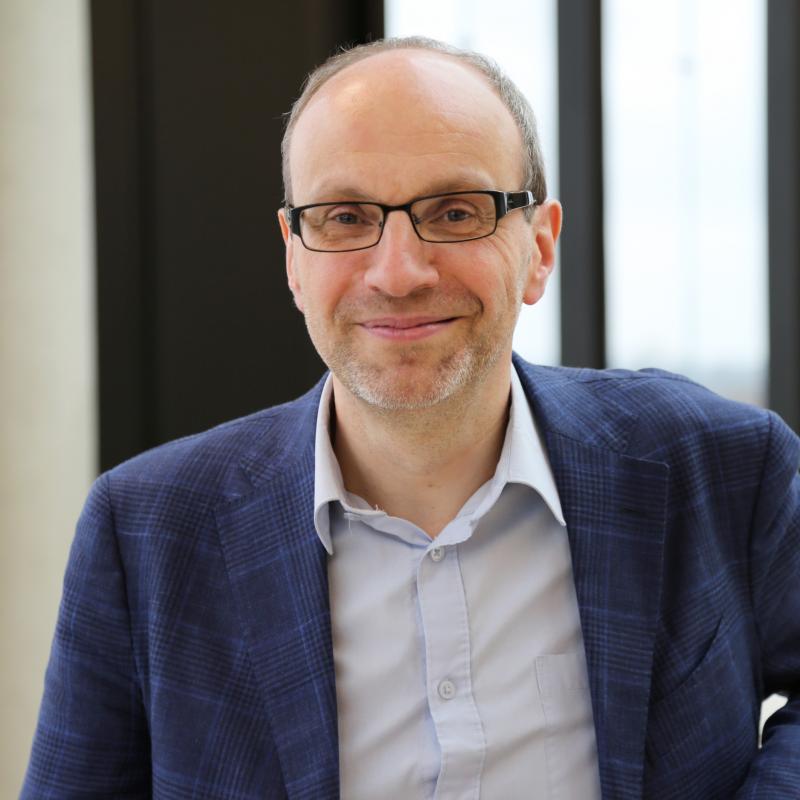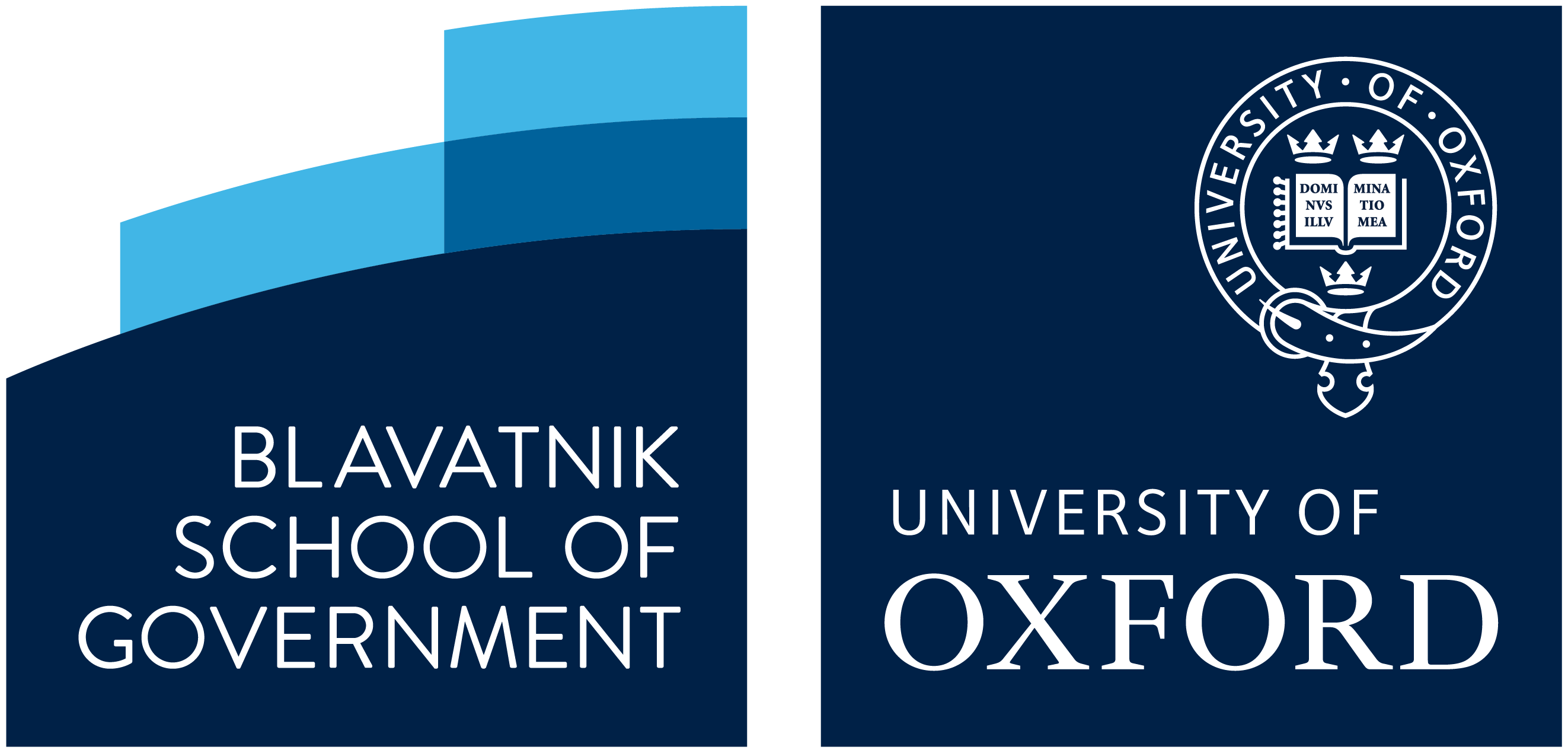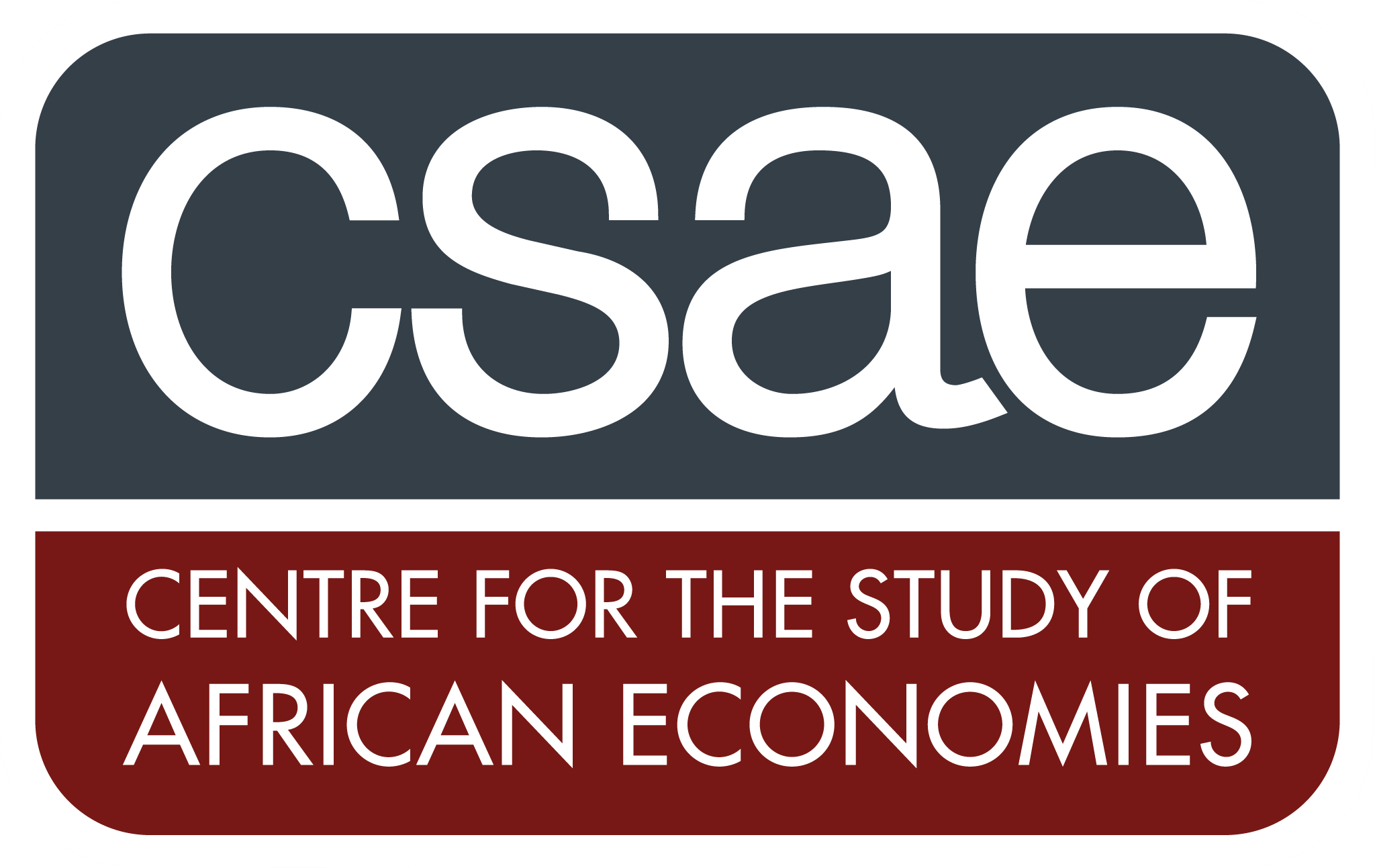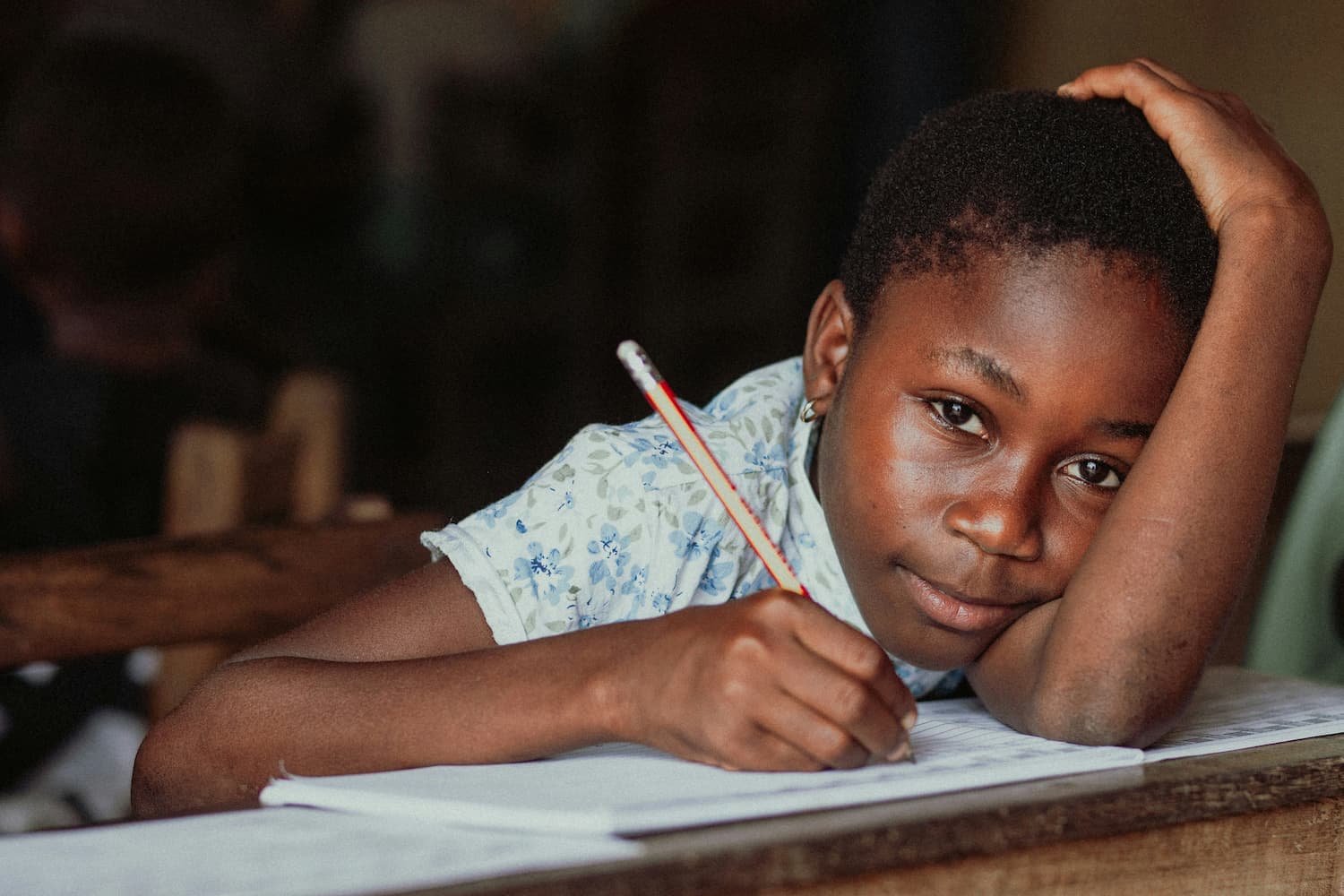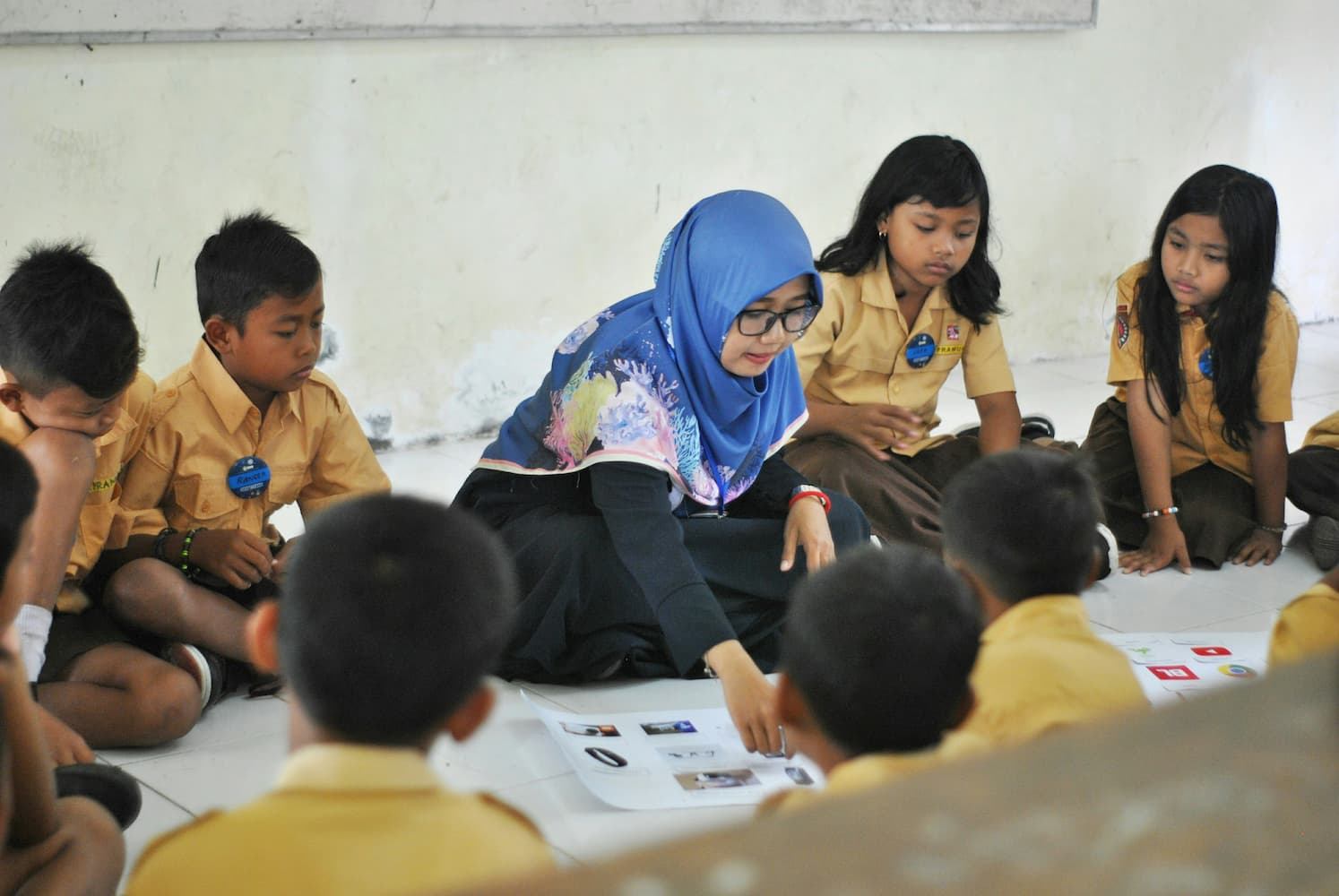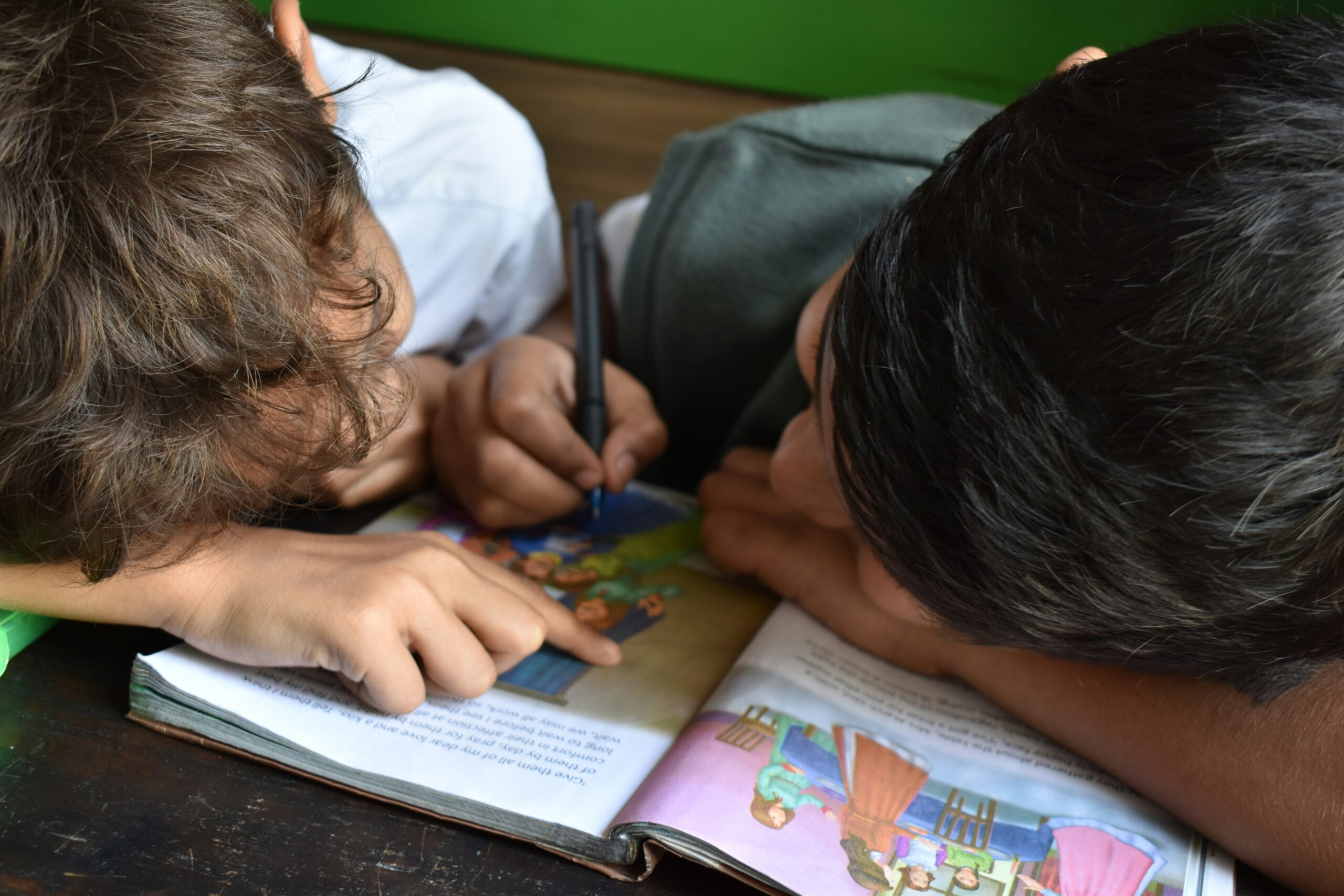Stefan Dercon is Professor of Economic Policy at the Blavatnik School of Government and the Economics Department, and a Fellow of Jesus College. He is also Director of the Centre for the Study of African Economies.
He combines his academic career with work as a policy advisor, providing strategic economic and development advice, and promoting the use of evidence in decision making. Between 2011 and 2017, he was Chief Economist of the Department for International Development (DFID), the government department in charge with the UK’s aid policy and spending. Between 2020-2022, he was the Development Policy Advisor to successive Foreign Secretaries at the UK’s Foreign, Commonwealth and Development Office.
His research interests concern what keeps some people and countries poor: the failures of markets, governments and politics, mainly in Africa, and how to achieve change.
His latest book, Gambling on Development: Why some countries win and others lose was published in May 2022. It draws on his academic research as well as his policy experience across three decades and 40-odd countries, exploring why some countries have managed to settle on elite bargains favouring growth and development, and others did not. Previously, Dull Disasters? How Planning Ahead Will Make A Difference was published in 2016, and provides a blueprint for renewed application of science, improved decision making, better preparedness, and pre-arranged finance in the face of natural disasters.
He is a Fellow of BREAD, a Research Fellow of CEPR and of IZA, an Affiliate of J-PAL, a Non-resident Fellow, Centre for Global Development, Washington and Fellow of the Royal Society of Arts and Manufacture (FRSA). He studied economics and philosophy at the Catholic University of Leuven (Belgium) and holds an MPhil and DPhil in Economics from the University of Oxford. Before re-joining the University of Oxford, he held positions at the University of Addis Ababa (Ethiopia), the Catholic University of Leuven, and WIDER (Helsinki), part of the United Nations University.
In 2018, the Queen awarded him as an honorary Companion of the Most Distinguished Order of St Michael and St George (CMG) for services to economics and international development.
